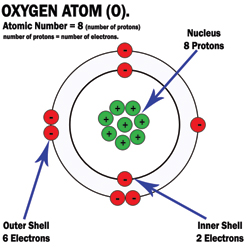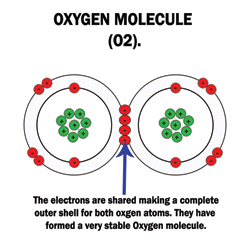The thing is, if you do not take vitamins properly, you cant get full effect of vitamins health benefits.
Man made vitamins alone will do a very little to improve your health or provide nutritional supplement. It has been proven in research studies that in order for concentrated man made vitamins to work proper, they must actually bond with or attach to real food vitamins in order to properly be absorbed by your body. Therefore, you can't drink nothing except water and pop vitamins and expect to be in great condition. It just doesn't work in this way.
Human body metabolized at different rates for each human and even for the same person, the body's metabolism changes during the day. Some people metabolize in the mornings slowly and in the evening faster and others metabolize the other way.
If you plan to take or already taking a daily multi vitamin supplement, the best time of day to take that vitamin supplement is morning, within 30 minutes of eating a healthy breakfast of protein, calcium, and fruit - or: eggs, a glass or milk, and an apple. This will help utilize a multi vitamin to its maximum potential.
However, many people skip or forget or are too rushed to eat a healthy breakfast, so it may be better for you to wait until lunchtime when you can actually take your multi vitamin with a full meal, or close to the time you eat a full meal, so the vitamin is digested and breaks down along with your food.
If you are taking vitamins separately, that is, not in a once a day multi vitamin supplement, then different vitamins have been shown to provide better immediate and long term health benefits when taken at the right time for that particular vitamin.
For example, your vitamin Bs, or B complexes and vitamin E are all best taken in the morning, with some food, when you start about your day. These vitamins can even help you wake better and have more energy during the day when taken first thing in the morning.
Some vitamins work together to help each other be more efficient while others can actually hinder performance when taken together. Vitamin D helps calcium absorption, as does magnesium, so taking vitamin D with calcium supplements is a good choice. However, calcium hinders the absorption of iron, so you don't want to take your calcium supplements along with iron supplements or a multi vitamin that contains iron. However, vitamin C seems to aide iron absorption, so a glass or orange juice with iron or taking a vitamin C pill with an iron pill is a good combination.
So your morning vitamins can be any of your B vitamins or B complexes, vitamin E, vitamin C and iron are all great morning vitamins. Then for lunch, you can take your vitamin D and calcium supplements, and you won't run into those problems.
Calcium is such an important supplement, and while you should increase your natural calcium intake from foods, taking multiple calcium supplements during the day is a good idea, especially for women. Calcium needs vitamin D (often converted in the body by exposure to sunlight), as well as magnesium to properly be absorbed by the body. Be careful when searching for a calcium supplement that you find one with vitamin D and magnesium in the supplement, and avoid calcium supplements that come from crushed shells. These provide the lowest absorption rate of all calcium supplements.
Your body will store the calcium it needs and will safely excrete what it doesn't need, so you do not need to worry about taking too much calcium unless your doctor has specifically advised you against taking calcium supplements. Calcium can be taken at lunchtime, with a meal, and then again at dinner, where it will absorb more slowly into the body when you are winding down for the day.
The most important point to remember with all vitamins is that vitamins supplements work best when taken with or close to a meal, especially a healthy meal containing natural vitamins and minerals. You simply must eat a healthy diet for the maximum vitamins benefit.





